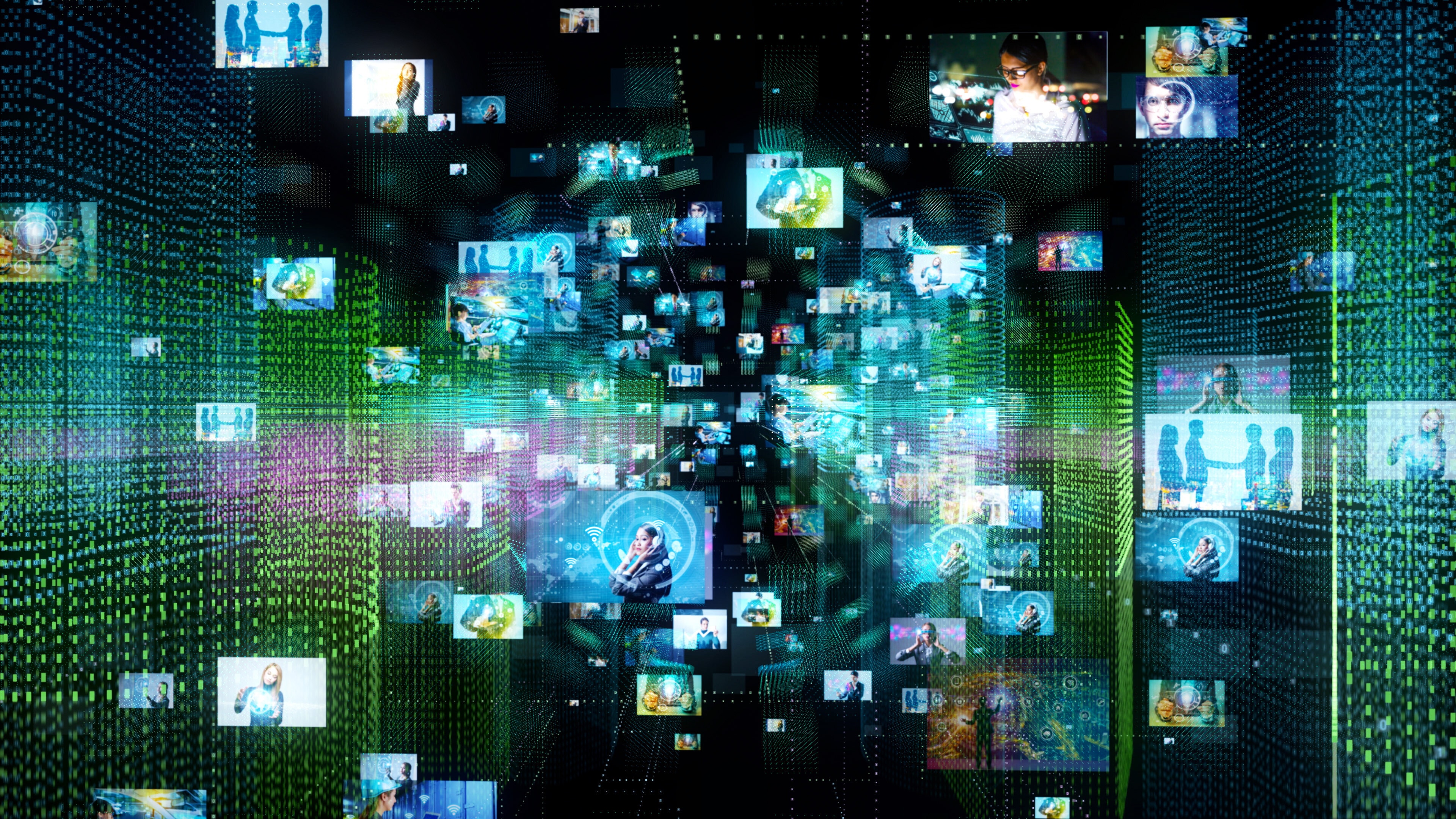Baby seals, vaccine refuseniks and the trouble with empathy

Peter Singer evaluates the need for empathy and the potential downfalls. Image: REUTERS/Nigel Roddis (BRITAIN - Tags: ANIMALS ENVIRONMENT SOCIETY)ATTENTION EDITORS: PICTURE 30 OF 35 FOR PACKAGE 'FARNE ISLANDS - SEALS, PUFFINS AND SHAGS'TO FIND ALL IMAGES SEARCH 'FARNE ISLANDS' - RTX164N5

Get involved with our crowdsourced digital platform to deliver impact at scale
Stay up to date:
Neuroscience
Soon after Barack Obama was elected President of the United States, he told a young girl: “We don’t have enough empathy in our world today, and it is up to your generation to change that.” Obama expressed a widespread view, so the title of a new book, Against Empathy, by Yale University psychologist Paul Bloom, comes as a shock. How can anyone be against something that enables us to put ourselves in others’ shoes and feel what they feel?
To answer that question, we might ask another: For whom should we have empathy? As Donald Trump prepares to succeed Obama, analysts are suggesting that Hillary Clinton lost last month’s election because she lacked empathy with white Americans, particularly Rust Belt voters yearning for the days when the US was a manufacturing powerhouse. The problem is that empathy for American workers is in tension with empathy for workers in Mexico and China, who would be even worse off without jobs than their American counterparts are.
Empathy makes us kinder to people with whom we empathize. That’s good, but it also has a darker side. Trump, in his campaign speeches, made use of the tragic murder of Kate Steinle by an undocumented immigrant to stoke support for his anti-immigrant policies. He did not, of course, offer any similarly vivid portrayals of undocumented immigrants who have saved the lives of strangers, although such cases have been reported.
Animals with big round eyes, like baby seals, arouse more empathy than chickens, on whom we inflict vastly more suffering. People can even be reluctant to “harm” robots that they know can feel nothing at all. On the other hand, fish – cold, slimy, and unable to scream – arouse little sympathy, although, as Jonathan Balcombe argues in What a Fish Knows, there is plenty of evidence that they feel pain just as birds and mammals do.
Likewise, empathy with a handful of children who are, or are believed to be, harmed by vaccines largely drives popular resistance to vaccinating children against dangerous diseases. As a result, millions of parents do not have their children vaccinated, and hundreds of children become ill, with many more affected, sometimes fatally, by the disease than would have suffered adverse effects from the vaccine.
Empathy can make us act unjustly. Subjects in an experiment listened to an interview with a terminally ill child. Some were told to try to be as objective as possible, while others were told to imagine what the child feels. All were then asked if they wanted to move the child up the waiting list for treatment, ahead of other children who had been assessed as having higher priority. Three-quarters of those told to imagine what the child feels made this request, compared to only one-third of those told to try to be objective.
“One death is tragedy; a million is a statistic.” If empathy makes us too favorable to individuals, large numbers numb the feelings we ought to have. The Oregon-based nonprofit Decision Research has recently established a website, ArithmeticofCompassion.org, aimed at enhancing our ability to communicate information about large-scale problems without giving rise to “numerical numbness.” In an age in which vivid personal stories go viral and influence public policy, it’s hard to think of anything more important than helping everyone to see the larger picture.
To be against empathy is not to be against compassion. In one of the most interesting sections of Against Empathy, Bloom describes how he learned about differences between empathy and compassion from Matthieu Ricard, the Buddhist monk sometimes described as “the happiest man on earth.” When the neuroscientist Tania Singer (no relation to me) asked Ricard to engage in “compassion meditation” while his brain was being scanned, she was surprised to see no activity in the areas of his brain normally active when people empathize with the pain of others. Ricard could, on request, empathize with others’ pain, but he found it unpleasant and draining; by contrast, he described compassion meditation as “a warm positive state associated with a strong pro-social motivation.”
Singer has also trained non-meditators to engage in compassion meditation, by thinking kindly about a series of persons, starting with someone close to the meditator and then moving outward to strangers. Such training may lead to kinder behavior.
Compassion meditation is close to what is sometimes called “cognitive empathy,” because it involves our thought and understanding of others, rather than our feelings. This brings us to the final important message of Bloom’s book: the way in which psychological science proceeds has led it to downplay the role of reason in our lives.
When researchers show that some of our supposedly carefully considered choices and attitudes can be influenced by irrelevant factors like the color of the wall, the smell of the room, or the presence of a dispenser of hand sanitizer, their findings are published in psychology journals and may even make headlines in the popular media. Research showing that people make decisions based on relevant evidence is harder to publish, much less publicize. So psychology has an inbuilt bias against the view that we make decisions in sensible ways.
Bloom’s more positive view of the role of reason fits with what I take to be the correct understanding of ethics. Empathy and other emotions often motivate us to do what is right, but they are equally likely to motivate us to do what is wrong. In making ethical decisions, our ability to reason has a crucial role to play.
Don't miss any update on this topic
Create a free account and access your personalized content collection with our latest publications and analyses.
License and Republishing
World Economic Forum articles may be republished in accordance with the Creative Commons Attribution-NonCommercial-NoDerivatives 4.0 International Public License, and in accordance with our Terms of Use.
The views expressed in this article are those of the author alone and not the World Economic Forum.
The Agenda Weekly
A weekly update of the most important issues driving the global agenda
You can unsubscribe at any time using the link in our emails. For more details, review our privacy policy.
More on Emerging TechnologiesSee all
James Fell
April 26, 2024
Alok Medikepura Anil and Uwaidh Al Harethi
April 26, 2024
Thomas Beckley and Ross Genovese
April 25, 2024
Robin Pomeroy
April 25, 2024
Beena Ammanath
April 25, 2024
Muath Alduhishy
April 25, 2024






